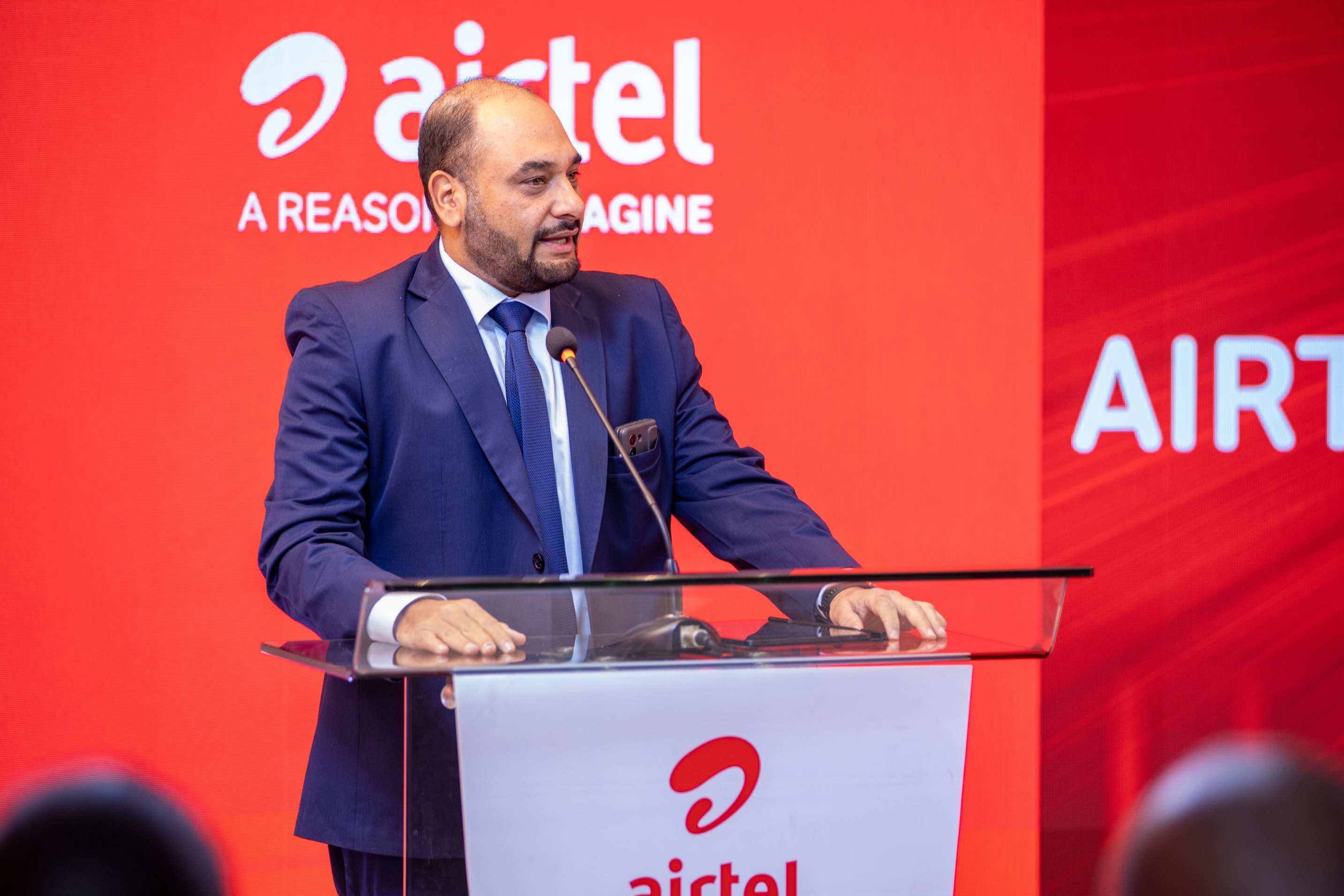Airtel surpasses Safaricom in new subscriber growth

Airtel’s rapid growth comes at a time the company has been expanding its network infrastructure, especially in regions that previously lacked sufficient coverage.
Airtel Kenya added more new SIM card users than any other telecom operator in the country between January and March this year, crossing the 24 million subscriber mark for the first time and outpacing long-time market leader Safaricom in user growth during the period.
New data from the Communications Authority of Kenya (CA) shows that Airtel gained 3.01 million new SIM subscribers within the first quarter, pushing its customer base to 24.5 million by the end of March, up from 21.5 million in December 2024.
This represents a 13.95 percent increase in just three months.
In contrast, Safaricom’s subscriber numbers grew by 1.7 million during the same period, a 3.6 percent increase from 46.6 million to 48.2 million.
Overall, the industry recorded a 6.7 percent rise in active SIM cards across the five main providers, from 71.4 million to 76.2 million by March 2025.
The total number of active SIM cards in the country is higher than the national population due to users owning multiple lines.
The other operators included in the report were Equitel with 1.5 million subscribers, Telkom with 1.2 million, and Jamii Telecommunications Limited (JTL) with 700,000 users.
“We are deeply humbled by the support of over 24 million customers who continue to believe in us. This is not the destination, it is part of a longer journey,” said Airtel Kenya Managing Director Ashish Malhotra. “We are committed to Kenya, and whilst we have made huge investments, our mission of enriching lives and driving progress is still not done,” he added.
Airtel’s rapid growth comes at a time the company has been expanding its network infrastructure, especially in regions that previously lacked sufficient coverage.
The expansion is part of the conditions tied to its licence renewal, which required the operator to build network masts in 102 sub-locations that had poor or no Airtel signal by the end of last year.
Although the company had only managed to fully complete installations in 40 sub-locations and partially cover 29 others by the end of 2024, it secured a two-year extension from the regulator, allowing it to continue the rollout until January 2027. The remaining 33 sub-locations were yet to receive any Airtel network coverage, with six of them marked as unreachable due to insecurity.
The licence extension followed an out-of-court settlement between Airtel and the CA over Sh2.3 billion in unpaid licence fees. The agreement allowed the telco to continue operations while committing to fulfil its network rollout obligations.
